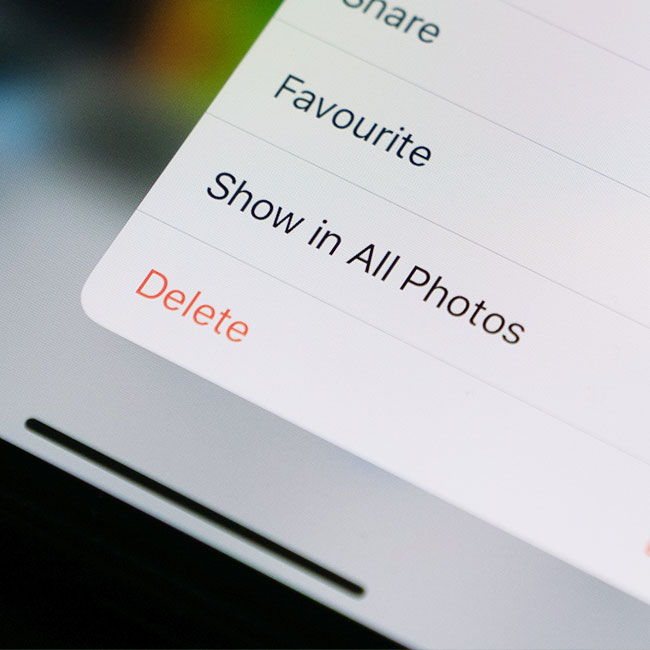There’s a decent chance you spend a good portion of your day on one or more (or even quite a few) social media apps. That means it’s crucial that you get a good understanding of which apps are the safest — but, more importantly — which of them can put you at risk of a security breach.
“Broadly speaking, any social media app that doesn’t have robust security measures in place is putting your personal data at risk,” says Tech Expert RJ Leer at OnChain Crypto. “That said, there are a few specific apps that tend to be particularly problematic in this regard.”
These are the worst social media apps that are putting your personal data at risk, according to security experts.
Snapchat
One social media app that has come under fire for its lax security measures is Snapchat, according to Leer. “Although the app has recently introduced some new features to try and address these concerns, it still hasn’t done enough to protect users’ data,” Leer says. “For instance, Snapchat stores unsalted hashes of passwords, which makes them much easier for hackers to crack. In addition, the app also collects a lot of personal data from users, including their phone numbers and addresses.”
“We all know Facebook has been in hot water lately for its handling of users’ data,” Leer says. “The Cambridge Analytica scandal was a major wake-up call for people who use the platform, and it’s made clear that Facebook is not being very transparent about what happens to our data once it’s on their servers. If you’re worried about your personal data being compromised, it might be best to stay off Facebook altogether.”


Bad news for anyone who loves to unwind by scrolling through IG: Instagram has a history of sharing user data with third-party companies without users' consent, and it's been caught doing this time and time again, Leer says. “Instagram has also been known to sell user data to advertisers,” Leer says. “So if you're not careful about which apps you use, your personal data could be at risk simply by using Instagram. Be sure to carefully read the privacy policies of any app before signing up.”
Many people argue that selling user data to third-party companies is harmful because it leads to a loss of privacy, Leer adds. “When companies sell user data, they are essentially giving away information that could be used to identify and track individuals,” Leer says. “This raises significant concerns about personal privacy and security. Additionally, it is often difficult for users to opt out of having their data sold because they may not be aware that it is happening or may not have the ability to do so. Another argument against selling user data is that it can be used to manipulate people. When companies have access to people’s personal data, they can target them with ads and messages that are designed to influence their behavior.”
You may not always be able to protect yourself completely from hackers, but knowing which social media sites are the most lax with your data is a good place to start.


























